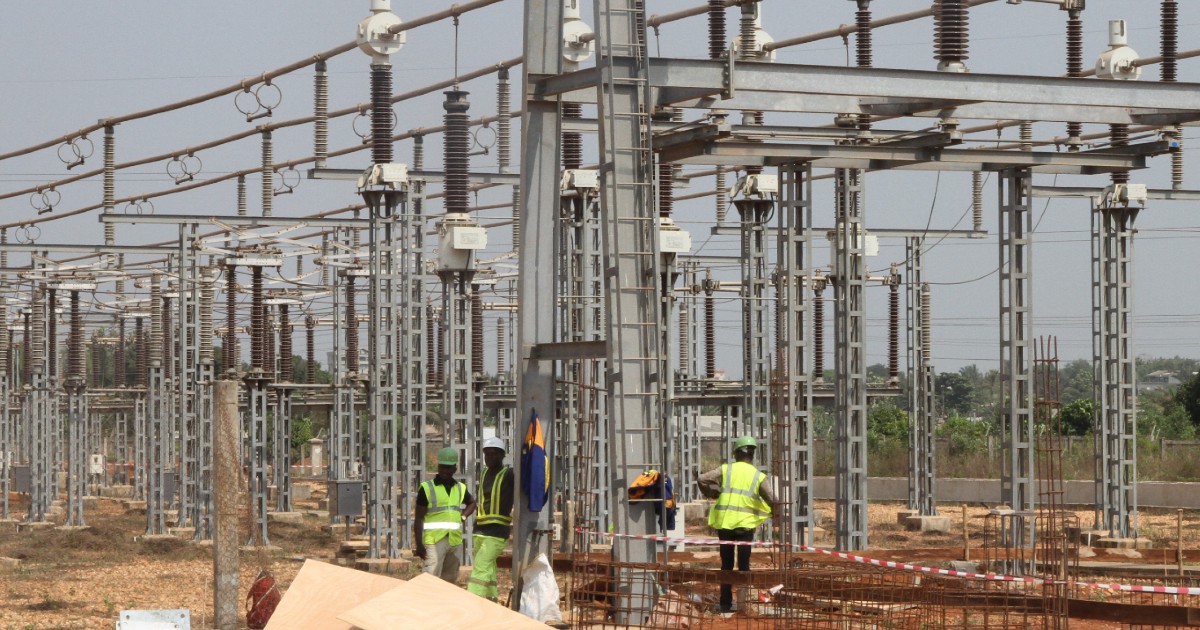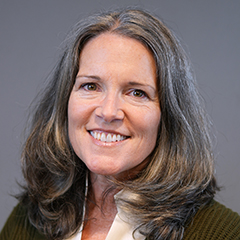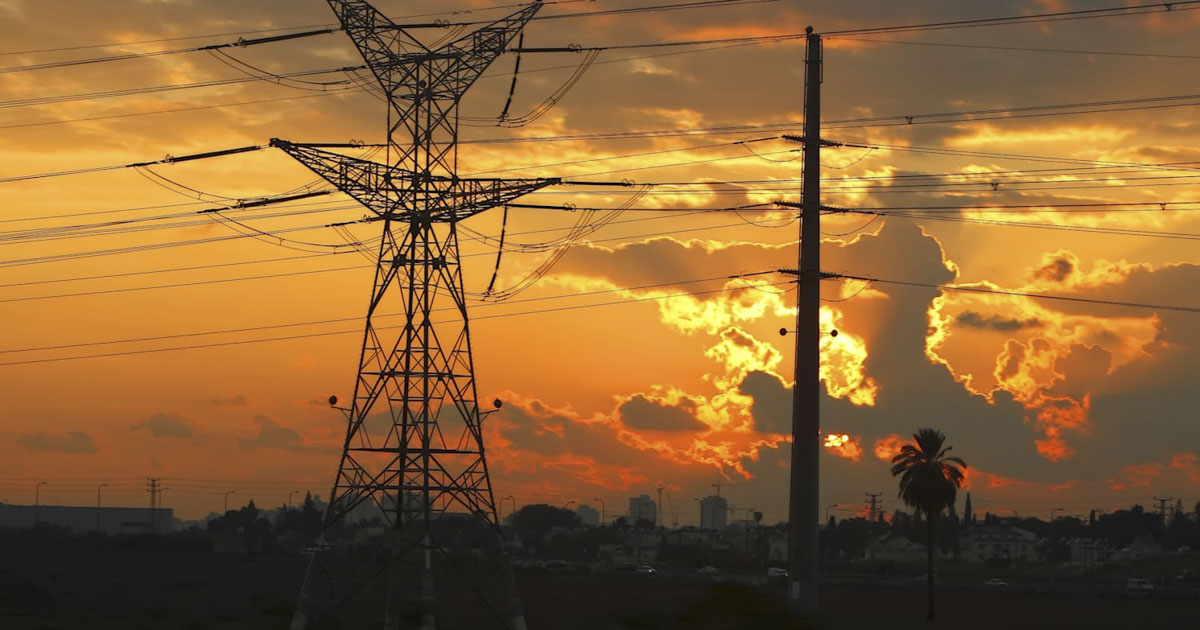More than half the population of sub-Saharan Africa lacks access to electricity. The absence of reliable electricity inhibits productivity, undermines health, and limits educational opportunities. For more than a decade, Mathematica has measured and examined the effects of the Millennium Challenge Corporation’s more than $1 billion in bilateral energy investments across east and west Africa. These projects supported utility strengthening and regulatory reform; rehabilitated hydropower plants; installed solar photovoltaic systems; strengthened and extended national grids; expanded electricity access in urban and rural areas; improved conditions for independent power producers to enter markets; implemented energy efficiency campaigns, audits, and labelling; and improved electricity quality. What we have found can inform the push to achieve universal electrification in Africa.
Energy is political. From public protests over the cost of electricity to entrenched energy industry influence, decision makers must thread a fine needle to make the major changes needed to electrify Africa. Incentive structures within the energy sector may impede the reform efforts necessary to accelerate electrification. Interventions such as installing a private sector contractor to improve utility management and operations may alter incentives among utility staff, leading to resistance to reform efforts. Shifting energy production from fossil fuels to renewable sources and integrating Africa’s regional power pools may also disrupt longstanding geopolitical ties. To mitigate resistance when designing projects and investments, stakeholders must understand the specific context within which energy infrastructure is built and financed. This includes the norms and rules of the game, financial interests, as well as legislative, legal, and regulatory frameworks, and the interaction of institutions, actors, and processes. Explicitly mapping the interests and influence of actors and institutions prior to implementation can help untangle crosscutting interests, highlight likely obstacles to successful and rapid implementation of energy projects, and identify feasible solutions. Timely and transparent data also can help depoliticize decisions. In Liberia, for example, if the sector had access to utility outcome data, decision makers could have built consensus around the reforms and investments needed to reduce power theft.
Policy reform is essential. To meet Africa’s electrification goals, billions of dollars in private finance are needed. But without policy reform, private investors are reluctant to invest. National governments, donors, and multilateral institutions such as the African Development Bank should work together to develop mechanisms that de-risk investment across the project development spectrum, including transaction advisory services, technical assistance with feasibility studies, matchmaking between financiers and project developers, support for early project development, risk guarantees, and other supports to build integrated regional energy markets. Further, without tariff reform and quality electricity, projects are not sustainable; expensive, poor quality (intermittent or fluctuating) electricity decreases citizens’ willingness to pay for electricity and engage in the productive use of energy, which, in turn, reduces the return on investment in energy projects. Attracting investment through enabling legislation and setting reasonable tariffs to encourage households and businesses to connect to electricity can create a virtuous cycle. In Benin, one stakeholder emphasized that the new enabling environment for independent power producers is leading to the first utility-scale solar plants in the country and has wide-ranging effects: “The advantage of this PPP [public private partnership] is that it allows Benin to be empowered in terms of electrical energy...it strengthens our autonomy and energy independence.”
Long-term infrastructure planning with renewable energy at the forefront is essential. As sub-Saharan Africa builds electricity infrastructure to provide universal access, utilities and a coordinated set of ministries within countries and across borders must plan to strengthen existing transmission and distribution grids, ensure emergency and routine maintenance, and build infrastructure that can meet demand for the 25–30 years following construction. Grids must also be adapted to connect and dispatch renewable energy and built with climate resilience in mind. Renewable energy has become less expensive than fossil fuels in many regions, creating vast opportunity to reduce costs while reducing the carbon impact of universal electrification. At the same time, grids must ensure a steady base load. Despite global pressure to transition quickly to renewables, two of the main sources, solar and wind, are inherently variable and hydropower is becoming increasingly affected by climate change. To ensure a consistent energy supply, base load will need to include transition sources such as liquid natural gas in the short to medium term. As one high-level stakeholder in Liberia’s energy sector noted, “Energy projects should be strategic, planning for 20, 30, 40 years in the future and for 24 hour-a-day, 7-day-a-week, 365-day-per-year supply and demand.”
Locally led expertise must be front and center for the energy transition and for increasing access. Skilled local researchers, who are by default invested in energy outcomes, should be incorporated into building the evidence base for energy policymaking. As new investments are made, the energy sector, governments, local think tanks, and utilities must understand the needs and expectations of individuals and businesses so that energy production and distribution projects can be tailored for maximum impact. Local researchers can conduct the high-quality and frequent data collection required to understand the experience of electricity consumers, including households and businesses, and should be incorporated into the monitoring and evaluation of energy policy. Local and regional partners are also well positioned to access and analyze data from utilities and ministries of energy. While this data is imperfect, it is rich with insights into consumption patterns, technical and commercial losses, and electricity quality. For example, Emmanuel Fripong, professor of electrical engineering at Kwame Nkrumah University of Science and Technology, studies power theft and found that, “many meters in Ghana’s distribution network are not captured in the utilities’ billing systems, leading to high losses and lower profitably, hampering utilities’ efforts to improve the quality of supply to consumers.” Further, locally based businesses, particularly those headed by marginalized and underrepresented groups, should receive training, opportunities, and support to improve equity in the rapidly growing energy markets.
The true promise of electrification in Africa will be in its power to improve health, education, and productivity for the 500 million Africans who are not yet connected to electricity. Fulfilling that promise will require more of governments, donors, researchers, and the private sector. That starts by creating enabling environments that smooth the way for private investment in electricity, especially renewable and low-carbon sources, while considering the political economy of the energy sector. We must also do a better job of sharing the lessons of these evaluations with a wider audience. Energy investments create vast quantities of data, but data alone are not enough to underpin wise decisions about energy policy and realistic approaches to electricity access. We need to distill these vast data into lessons that policymakers and the public—the true stakeholders in energy projects—can easily access to inform decisions at all levels. With the right support, access to clean and affordable electricity is possible for the millions of individuals, businesses, and institutions around the world that so richly deserve it.





